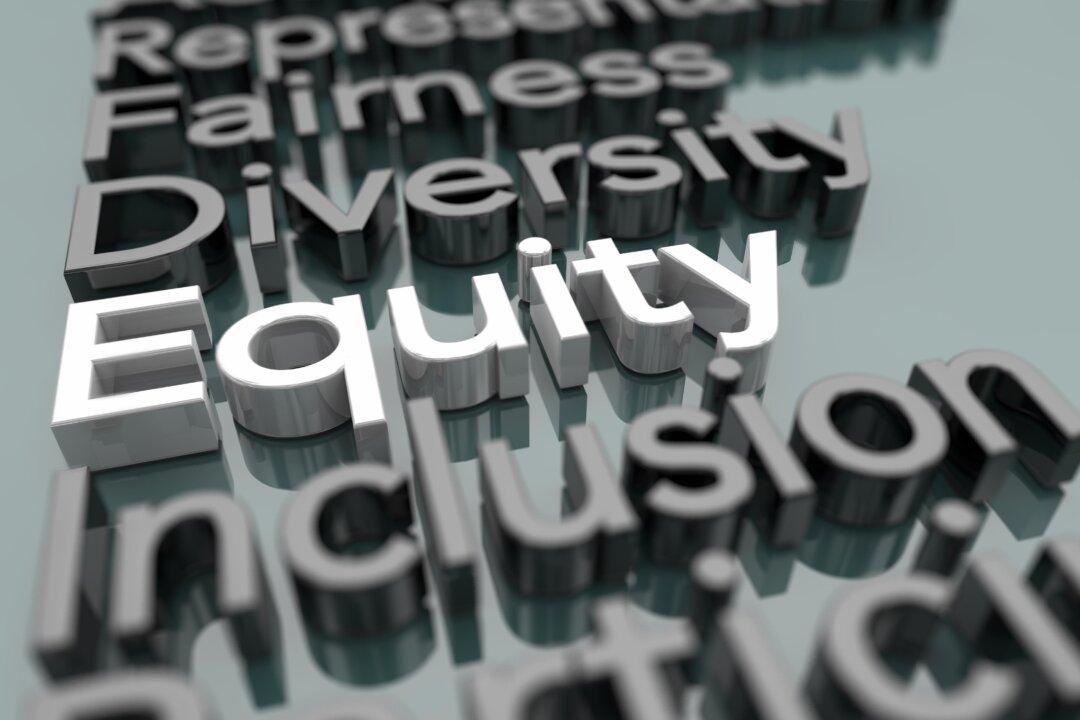Commentary
A positive and productive workplace culture is essential to a thriving business. Nobody wants to work in a place that’s a constant downer. And everyone wants to be appreciated for their work and to advance in their careers.

A positive and productive workplace culture is essential to a thriving business. Nobody wants to work in a place that’s a constant downer. And everyone wants to be appreciated for their work and to advance in their careers.